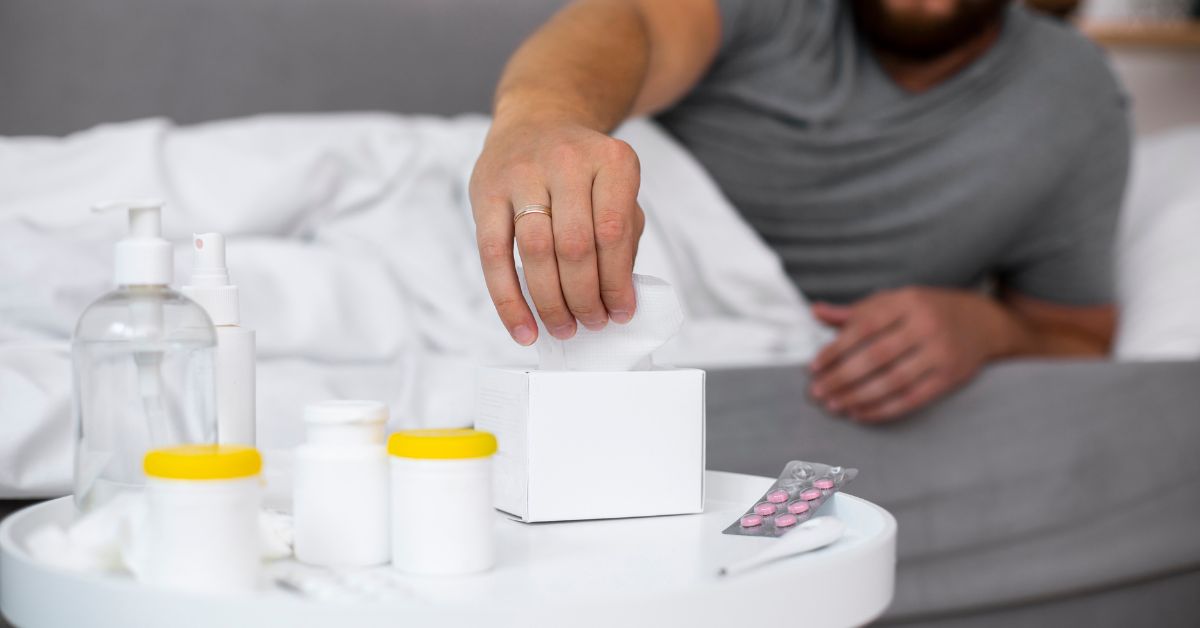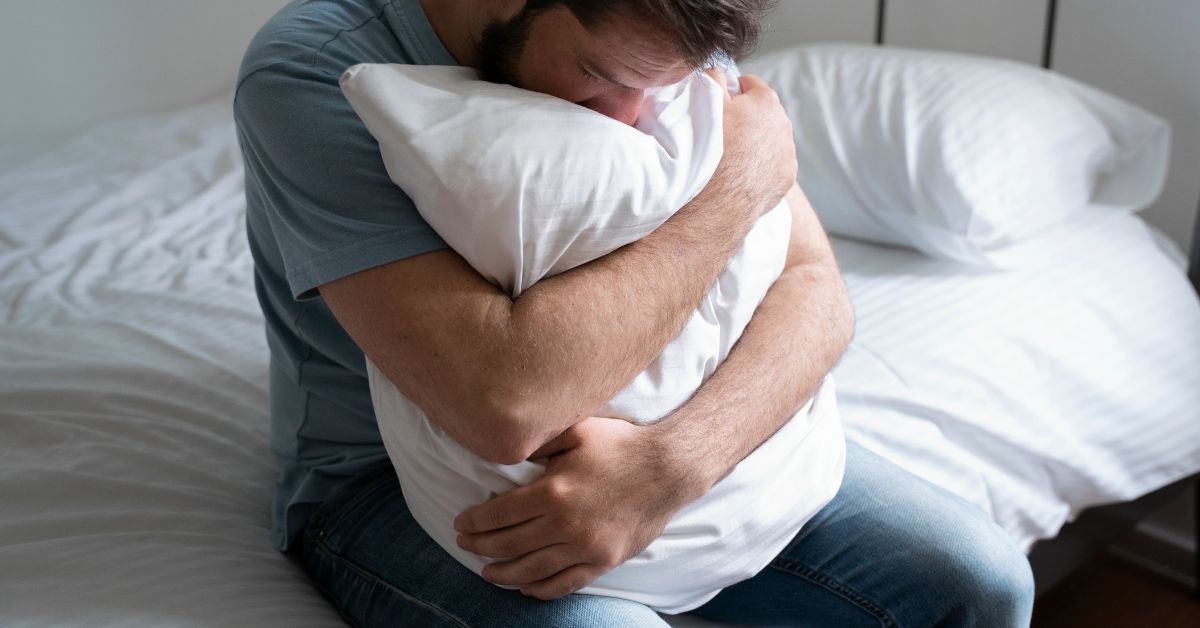
The main hormone in males, “testosterone,” is essential for many body processes, such as bone density, muscular growth, mood control, and general health. Myths about the testosterone decline, however, have caused uncertainty over the effects of these hormone’s normal fluctuations on men’s health, especially as they age. This article aims to explore the testosterone decline myth, address common misconceptions, and highlight important facts regarding this essential hormone, including related myths about aggression and Thai testosterone therapies.
What is The Testosterone Decline Myth?
The idea that men’s quality of life is significantly reduced and that testosterone reduction is inevitable is one of the most prevalent fallacies. Age-related declines in testosterone levels can occur, although they are not as sudden or consistent as is often believed. This gradual drop, which usually begins in the 30s or 40s, usually occurs at a rate of around 1-2% a year; however, not all men have noticeable symptoms related to reduced testosterone levels.
There are certain misconceptions about testosterone depletion that imply it would always result in symptoms like:
- Fatigue
- Loss of sexual desire
- Mood swings or depression
- Decrease in Muscular Mass
These symptoms are not always the result of age, even if they may be connected to low testosterone levels, or hypogonadism. Men’s experiences with hormone shifts are greatly influenced by a wide range of other variables, including lifestyle, nutrition, exercise, and general health. Actually, studies indicate that some men continue to have comparatively high testosterone levels until old life. Consequently, although the drop in testosterone is genuine, it is not the only reason for all of the changes in men’s health.
Testosterone Aggression Myth

The testosterone aggression myth, which holds that greater testosterone levels always result in increased hostility or aggressive conduct, is another common fallacy. The link between testosterone and aggressiveness is more complex, even though testosterone is linked to dominance and competitive behavior.
Research shows that although testosterone may affect motivation and assertiveness, aggressive behaviors are not always associated with it. People are more driven to want status and recognition when testosterone is present because it has an impact on the brain’s reward centers and decision-making processes. This does not imply, however, that those with greater testosterone levels are more violent.
Rather than being linked to aggressiveness, higher testosterone levels may actually be linked to beneficial behaviors like more confidence and social assertiveness. This fallacy has contributed to needless anxiety and confusion over testosterone treatment’s impact on personality.
What Actually Leads to a Decline in Testosterone?

Although a gradual decrease in testosterone levels is normal, a number of lifestyle choices might hasten this process or worsen the symptoms of low testosterone. Among them are:
- Obesity
Higher amounts of body fat, especially around the belly, are linked to decreased testosterone levels.
- Absence of Exercise
Being sedentary may have a detrimental impact on muscle mass and hormone balance.
- Poor Diet
The synthesis of testosterone may be impacted by deficiencies in important minerals such as zinc and vitamin D.
- Chronic Stress
Prolonged stress may prevent the creation of testosterone by raising cortisol levels.
- Lack of sleep
A substantial drop in testosterone levels might result from getting too little sleep.
These variables imply that changing one’s lifestyle may help keep testosterone levels in a healthy range, particularly as men become older. To lessen the consequences of age-related testosterone decrease, good sleep hygiene, stress management, exercise, and nutrition are essential.
Understanding Testosterone Replacement Therapy (TRT)
For men experiencing clinically low testosterone levels, testosterone replacement therapy (TRT) can be an effective treatment to restore hormone balance. TRT can alleviate symptoms such as fatigue, reduced libido, and mood fluctuations. However, it is essential to undergo proper medical evaluation before starting any hormone therapy, as it is not suitable for every individual.
TRT is available in various forms, including injections, gels, and patches. Each method has its own benefits and risks, and a doctor can help determine the most appropriate treatment option based on an individual’s needs and medical history.
Thai Testosterone Therapy
In Thailand, Thai testosterone therapy has become an increasingly popular solution for men seeking to manage low testosterone levels. Clinics like MedConsult offer comprehensive evaluation and treatment plans tailored to each patient’s hormonal needs. Thailand’s advanced healthcare system, combined with affordable and accessible treatment options, makes it a desirable destination for medical tourists and local residents alike.
Patients receiving testosterone therapy in Thailand can expect personalized care, which often includes thorough blood tests to assess hormone levels, lifestyle recommendations to support testosterone health, and follow-up monitoring to ensure optimal results.
Thailand’s medical landscape offers competitive pricing for treatments compared to Western countries, and experienced healthcare professionals can guide patients through the treatment process, ensuring it is both safe and effective.
Busting Other Testosterone Myths
Only Older Men Need to Worry About Testosterone Levels
Another testosterone decline myth is that testosterone decline is primarily associated with aging, but younger men can also experience low testosterone. Medical conditions like testicular injury, hormonal disorders, and lifestyle factors (e.g., poor diet, lack of exercise, or excessive alcohol consumption) can lead to testosterone deficiency in younger men. Therefore, anyone experiencing symptoms should consult a doctor to assess their hormone levels.
Testosterone Therapy is Dangerous
While there are risks associated with testosterone therapy, such as increased risk of blood clots and heart disease, these risks are minimized when treatment is carefully managed by a healthcare professional. TRT is generally safe for men who have been properly evaluated and diagnosed with low testosterone levels. Regular monitoring by a doctor is essential to ensure the therapy remains beneficial without adverse side effects.
MedConsult Clinic’s Testosterone Services
At MedConsult, we provide complete medical care, including Testosterone Replacement Therapy (TRT). Our skilled medical specialists offer medically supervised TRT to restore hormone levels and improve overall health.
MedConsult Clinic provides thorough blood tests to assess testosterone levels and detect any underlying health issues. The clinic’s experts can also offer advice on how to naturally support testosterone production through diet and exercise at our weight loss clinic inBangkok, as well as assist with stress management at our mental health clinic.
MedConsult Clinic is located in Bangkok and offers a wide range of services for men seeking testosterone management. We are here to help. Contact us today to learn more about our services and how we can assist you in restoring your health.
Book an appointment here
Contact us
Tel.: +66 61-171-1000
Email: customer@medconsultasia.com
LINE: @medconsultclinic
WhatsApp: Medconsult Customer Service
WeChat: DrDonnaRobinson
If you would like to read more about health stories, click here!
